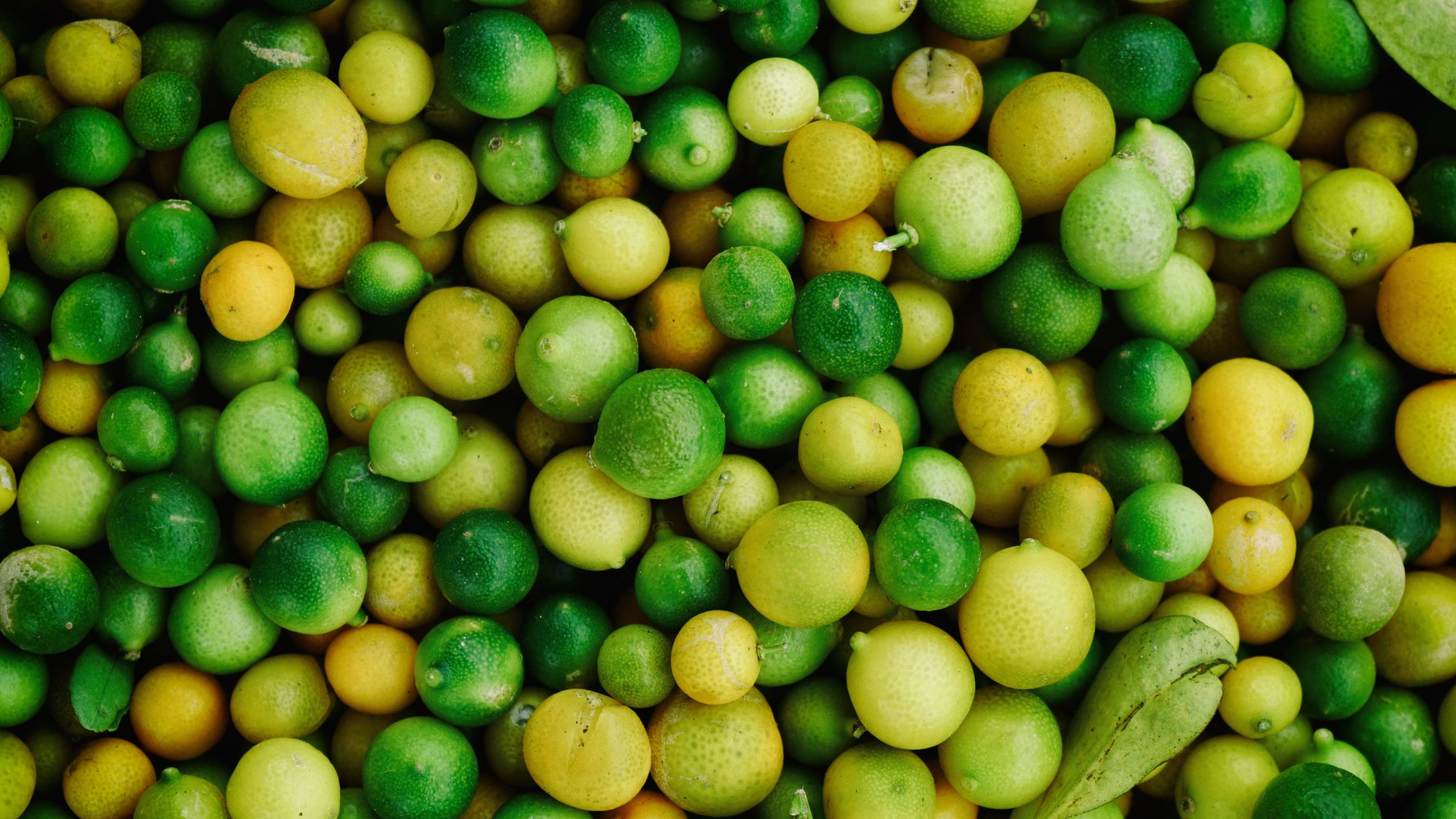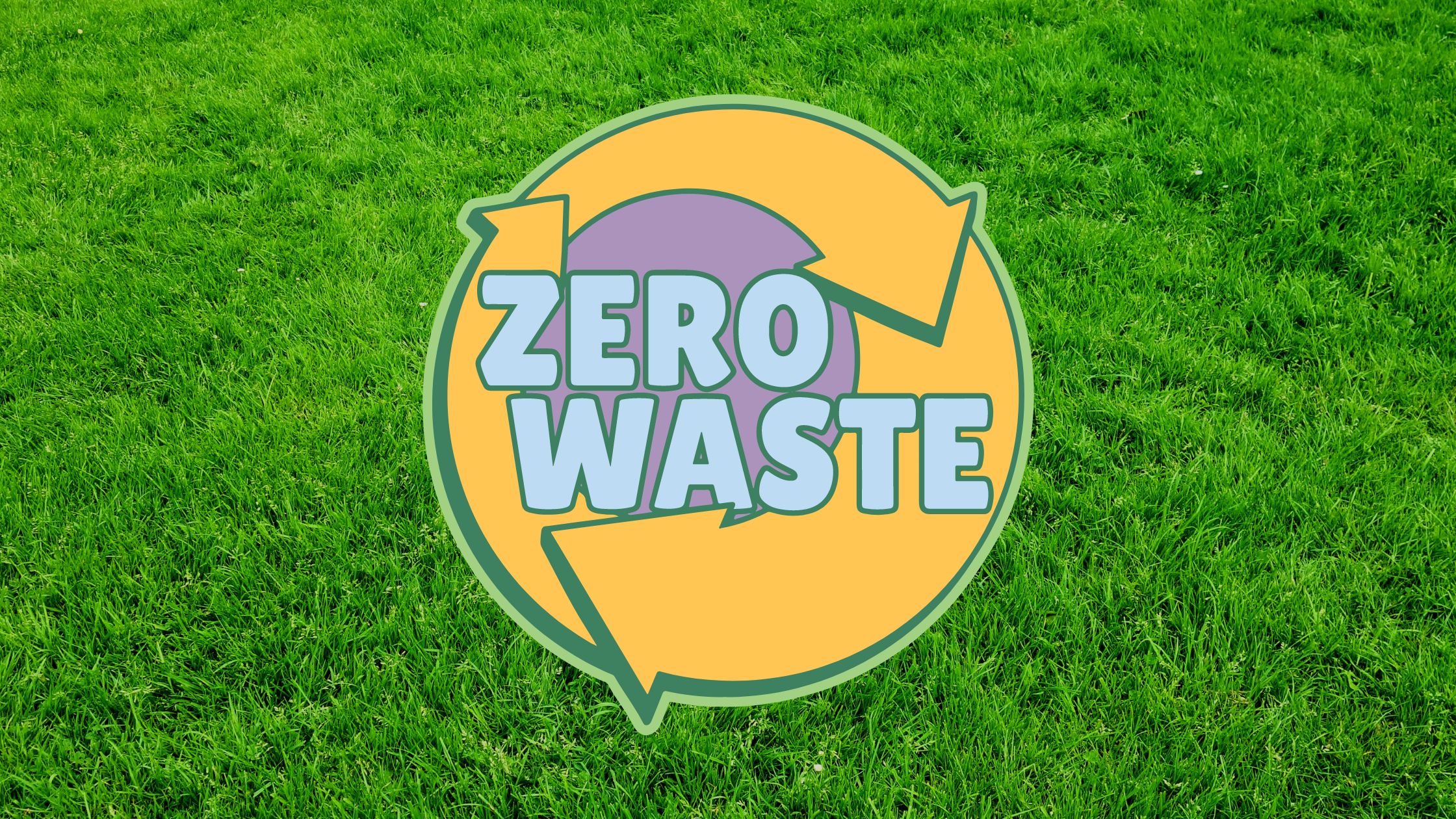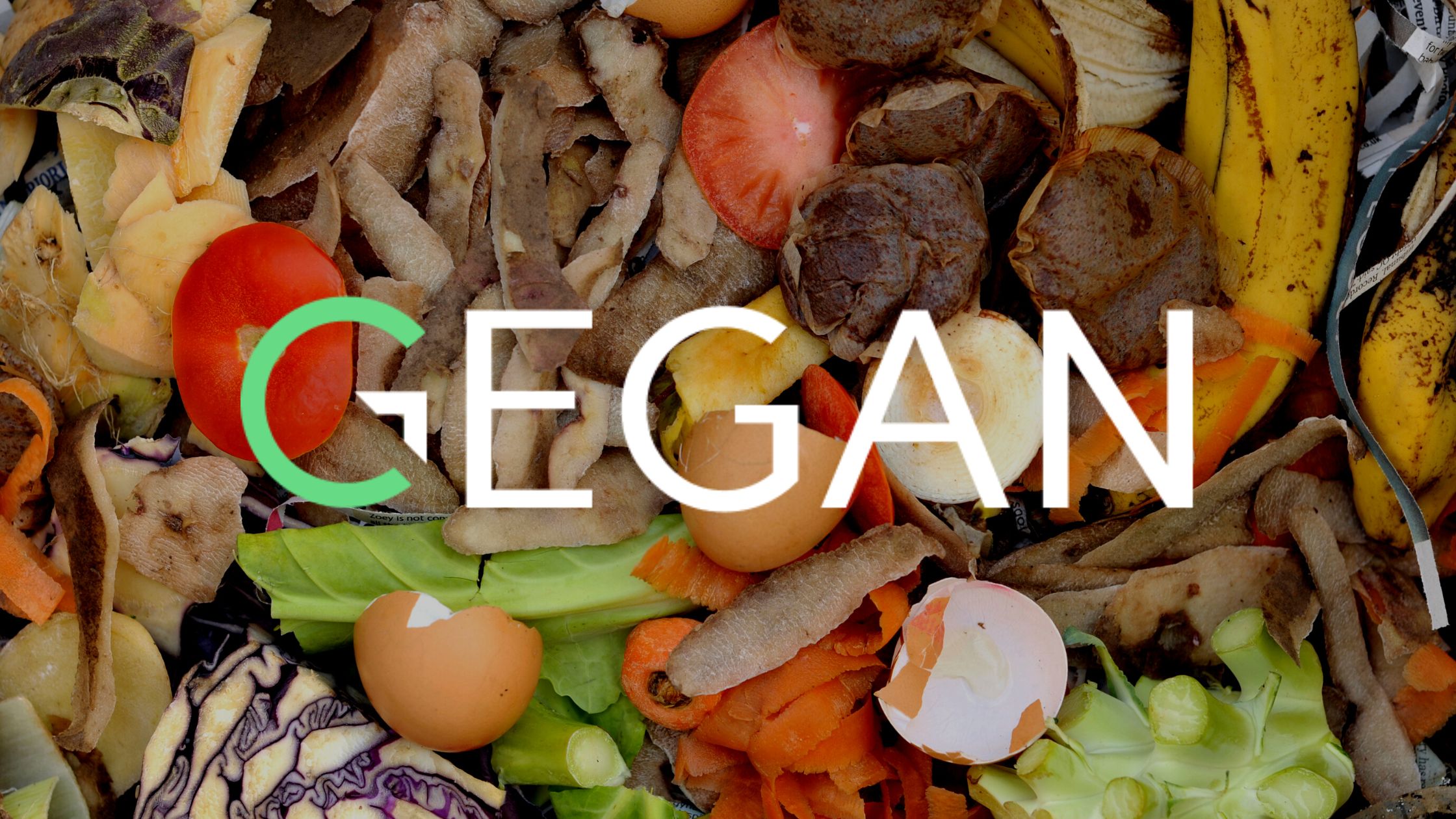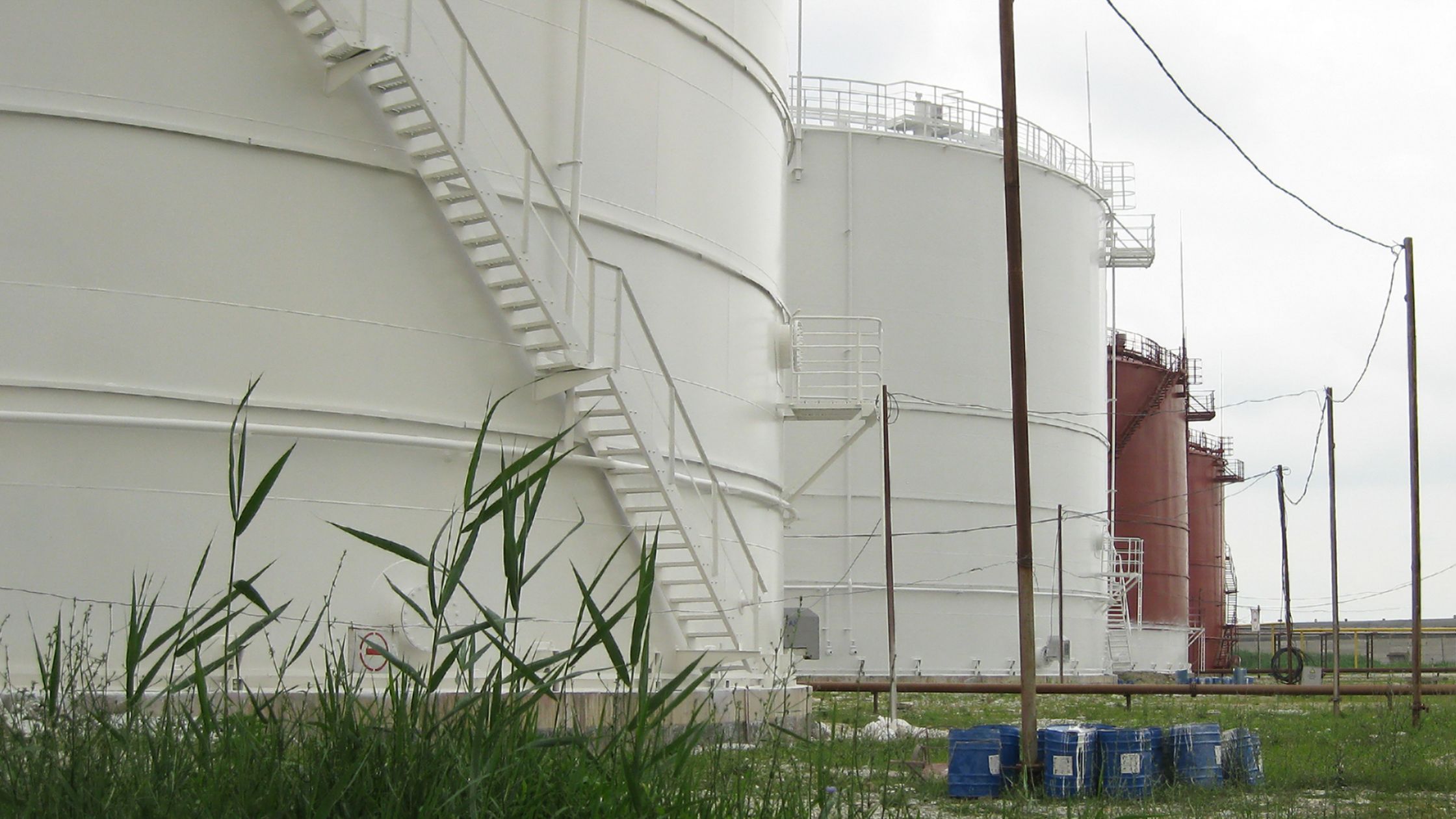
Food waste is a giant problem that has environmental, social, and economic consequences. You can’t just close your eyes and hope it goes away. Rather than passing the blame on to others, let’s take some responsibility and fix the mess that food waste is making.
Food waste refers to any food products that are thrown away as opposed to being used. Typically, this waste can be split into four categories:
-
By-product food waste. This refers to solid and liquid food by-products created through the manufacturing or production process or agricultural practices. This could include peels and trimmings from fruit and veg. The stuff you “can’t be bothered” to put in the compost.
-
Expired products. This refers to products that have surpassed their sell-by date in shops and supermarkets and cannot be consumed. Think about the manky yogurt left in the work fridge, then times that by 10000. It stinks.
-
Leftovers. This could refer to leftovers created in households or leftovers within restaurants and food preparation. “Doesn’t hurt to throw a few scraps away” – yes, it does.
-
Bakery and packaged food waste. This could refer to unsold food items that could spoil quickly. Freshly baked bread that “feels a little hard”, thrown away when it would make excellent toast.
The most wasted food items are bread, milk, potatoes, cheese, and apples. Think peak peasant diet. Common causes of food waste in the food industry include overbuying, overproduction, and spoilage.
All that wasted food has taken a large amount of fresh water, land, and labour to produce. If it were a country, food waste would be the third highest emitter of greenhouse gases in the world.
You know what sucks? More than one-quarter of the food produced globally is wasted. Sure, some of this food ends up in animal feed, or is used for anaerobic digestion, but most of it goes to landfill, with devastating environmental consequences.
When thrown into landfill, food waste produces a large amount of methane. As the food rots and degrades, it emits gases which are 25 times more harmful than carbon dioxide in terms of trapping heat in the atmosphere. What’s the point in worrying about wasted calories when the Earth isn’t going to be alive long enough for your beach body holiday.
It’s not just about the environment either. Food wastage is problematic from both a moral and economic standpoint. To put it simply, we throw away millions of pounds worth of food each year while there are people scrounging food banks because they can’t make ends meet.
Your mate down the pub, who always has a cheeky smile on his face doesn’t know where he’s going to get enough food to feed his kids for the week, but the local supermarket refuses to give away the perfectly safe food that they’re chucking in with the mixed plastics.
The food waste index report 2021 estimates that food waste from households, retail establishments, and the food service industry totals 931 million tonnes each year. Nearly 570 million tonnes of this waste occurs at the household level.
We hear a lot about how households can reduce waste, but what about those in the commercial sector? Retail, manufacturing, hospitality and food produce a large amount of food waste, so stop blaming the public, grow up, and take some responsibility.
Food waste in the UK
According to the most recent report by the charity Waste and Resources Action Programme (WRAP), the UK produced around 9.5 million tonnes of food waste in 2018. It is estimated that 70% of this total was intended to be consumed by people, with 30% classified as “inedible parts”. Broken down by sector, this waste was comprised of:
-
6.6 million tonnes from households.
-
1.5 million tonnes from manufacturers.
-
1.1 million tonnes from hospitality and food service (HaFS).
-
0.3 million tonnes from the retail industry.
The Government published statutory guidance for people or businesses that produce, carry, keep, dispose of, treat, import or have control of food and drink waste on how to deal with surplus and waste. The hierarchy consisted of nine options to tackle surplus and waste, starting with prevention and redistribution and only sending to landfill or sewer as a last resort.
Food waste in restaurants
Restaurants, alongside bars, and pubs, are clear contributors to food waste. Makes sense really, doesn’t it? Luckily for you, it’s easy to reduce the volume of waste you produce by:
-
Keeping track of stock cupboards, making sure you don’t purchase excessive amounts of products.
-
Paying attention to consumer habits and buying stock accordingly. For example, some dishes may be more popular during a particular season.
-
Avoiding overbuying stock by KEEPING TRACK OF WHAT YOU’VE GOT, EINSTEIN.
-
Storing food safely and correctly. Cross contamination is serious, but easily avoided if you just pay attention.
-
Labelling all food clearly, with instructions on when it will need to be used, AND USING IT.
-
Donating leftover food to local charities or organisations. Consider using TooGoodToGo, people love a bargain and you’re saving the planet – win, win.
Supermarket food waste
It’s believed that approximately 30 million people could be fed with the UK’s total food waste each year. Supermarkets have an obligation to minimise food waste as much as possible owing to this. This can be done by doing the following:
-
Making sure staff are educated on how to prevent food waste.
-
Keeping track of inventory to help ensure that what’s purchased is sold.
-
Produce that isn’t aesthetically appealing, but still edible, should be sold and eaten – rather than thrown away.
-
Any extra food should be given to charity.
Food factory food waste
Manufacturing and processing produced the largest amount of food waste. The 1.9 million tonnes created by this sector is enough to feed approximately 1,047,375,000 people every day! That’s the equivalent of feeding everyone in the UK for 16 days. It’s inexcusable, but if this feels overwhelming then contact us. We can help.
Shopping centre food waste
Of all the sectors, retail produced the lowest amount of food waste, but the amount still remains high. At 0.3 million tonnes, this sector wastes enough food to feed approximately 165,375,000 people per day. That could feed everyone in the UK for three whole days. 3 DAYS. Imagine how much this could help your local community.
School/University food waste
In education, encompassing nurseries, schools, colleges and universities, 123,000 tonnes of food waste is created annually. The greatest challenge for universities comes at the post-production stage of the supply chain. Most catering managers agree that encouraging students to change their behaviour is key to minimising plate waste but there are significant logistical and psychological hurdles to overcome. This just sounds like excuses to us. Educate them, and don’t put it behind a paywall.
Hotel/hospitality food waste
Not far behind food factories are hospitality and food services, which produce 1 million tonnes of food waste. This is enough to feed 551,250,000 people in just one day, or everyone in the UK for approximately eight days.
Food service and hospitality companies throw away 920,000 tonnes of food waste every year, 75% of which is avoidable.
As you can see, food waste is a big concern for our environment and our planet’s sustainability, and it affects a wide range of industries. But we have the tools to reduce it.
Lee Bush, Gegan CEO says, “Businesses need to adapt their current practices to do their part in fighting the food waste problem. We all have a social responsibility to do something now, for the future of our planet.”
Having an effective and dependable food waste management solution is critical for businesses, ranging from grocery stores to restaurants.
Ready to start being an Earth saviour?
Contact us today.
































